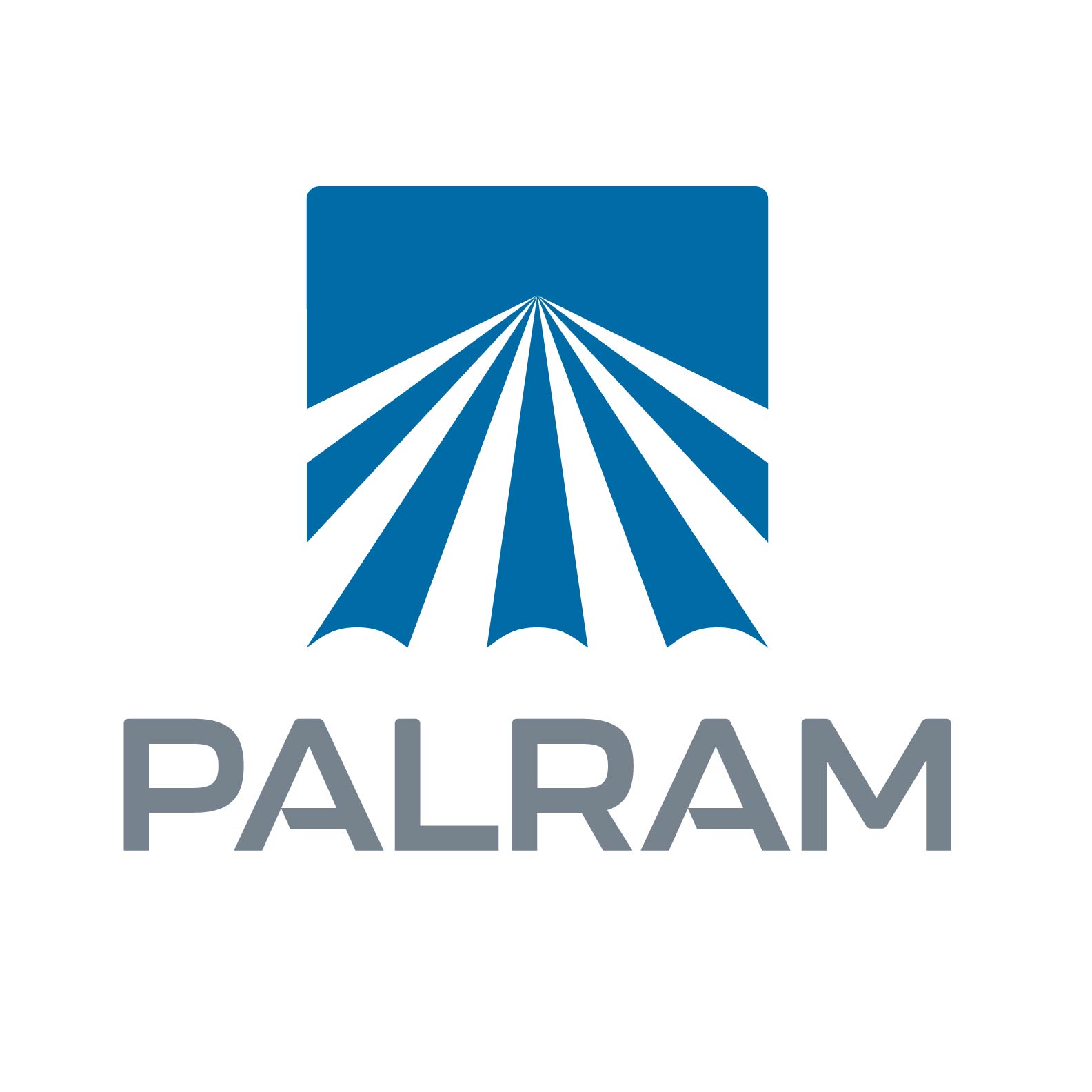As people spend an increasing amount of time indoors, the need to bring natural light into building interiors becomes even more imperative. Daylighting is an important part of architectural design for many reasons, with occupant well-being and sustainable practices at the top of the list. This course will explore the health and environmental benefits of daylighting, look at polycarbonate fenestration products as a practical and high-performing option, and discuss design considerations and possibilities, including case studies of polycarbonate products used in daylighting projects.


